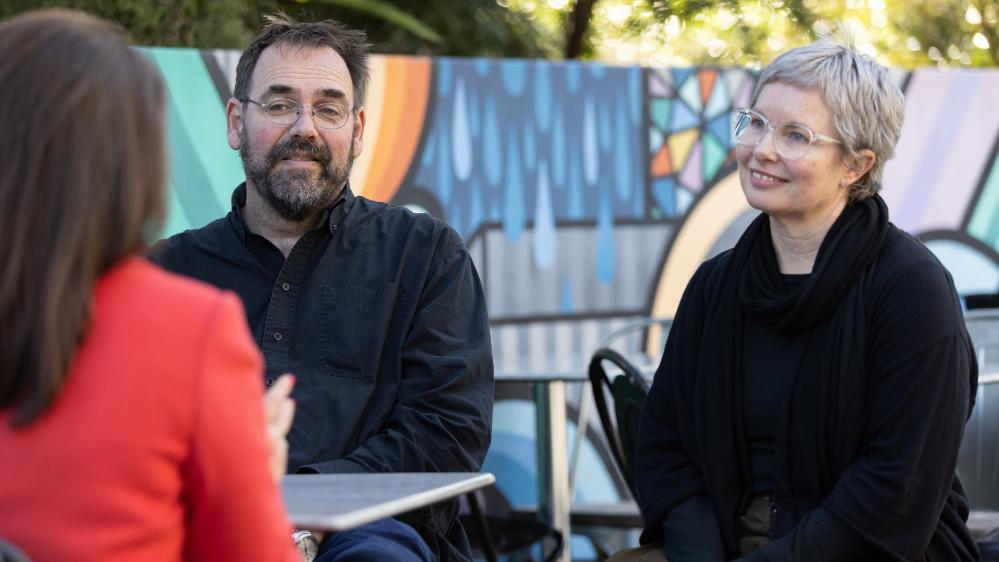Study to examine the experience of workers outside of health care

Researchers from the University of Wollongong (UOW) Faculty of the Arts, Social Sciences and Humanities are seeking people who worked in supermarkets and quarantine hotels during the COVID-19 pandemic to interview about their experiences.
During the COVID-19 global public health emergency, everyone has been at risk of catching the highly infectious disease through contact with other people. Yet workers in essential roles have not been able to work from home or limit their movement and have faced an elevated risk of infection.
One of the Chief Investigators of the study, Associate Professor Chris Degeling said that to date there has been a focus on doctors, nurses and hospital staff and the workload strain and personal cost of these jobs. Less attention has been given to essential roles in non-health care jobs who kept supermarkets open and quarantine hotels functioning throughout lockdowns and successive peaks of infections.
"This is an important study because the last three years have shown just how important these jobs are to social functioning but they have previously not been a consideration in pandemic planning."
"As a society we have relied on people in some of the lowest paid, least secure jobs to keep food on the shelves and borders open for returning Australians."
"In doing so people who work in supermarkets and hotels have accepted at greater risk of catching a potentially fatal infectious disease and bringing it home to their families - which was certainly not in their job description."
"The perspectives of supermarket and hotel workers have not been part of discussions about how pandemics should be managed in Australia pre-COVID.
"We now know just how essential these roles are, but these workers have not been specially trained in infection prevention and control, the way that those in a hospital, aged care facility or GP clinic have been."
"Our research team is calling out for supermarket and hotel workers across New South Wales to take part in interviews to share their perspectives on what it is like to work in these roles during a public health emergency, and how best to manage workplace risks during a pandemic in Australia," Professor Degeling said.
Chief Investigator Dr Jane Williams said that the project aims understand how the workers have experienced and adapted to the risks of the current pandemic, and how they think Australia should manage the threat of pandemics in the future.
"For the last few years people who work in supermarkets and hotels have faced a dilemma - go to work and risk catching COVID or stay home and not get paid - an impossible choice for many families."
"The more these essential workers stayed home, the greater the disruption to the supply of essential goods and services to communities. But the more they go to work the greater the personal risk of being infected unintentionally passing on the disease to family members."
"We are keen to connect with adults who worked in supermarkets and quarantine hotels in 2020 or 2021: any age, any gender, any town or city in NSW. The interview will take no longer than an hour, can be conducted on the phone or by zoom or we will come to see you at your convenience."
This project is part of a larger National Health and Medical Research Council funded study examining how best to prepare Australia for future pandemics. The project is a collaboration between researchers at the University of Wollongong, Sydney University, and the University of Technology Sydney.






